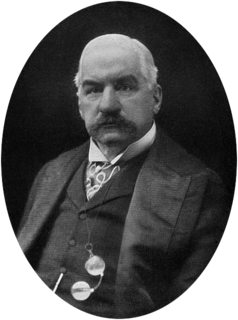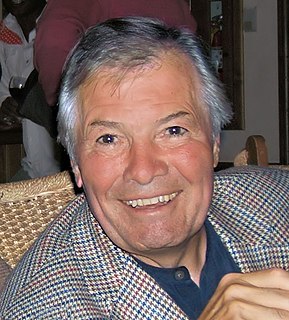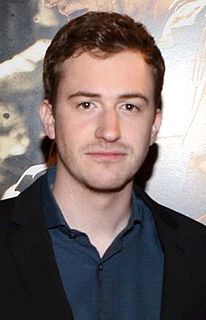A Quote by Jean Houston
Over-intellectualizing can justify practically anything. Reason has reasons that can create holocausts. In the 20th century, we have certainly seen how much killing and disaster has been championed with superb intellectual reasons.
Related Quotes
Most 20th century academic physicists, and academia as a whole, simply did not want to touch the subject of consciousness. We have seen psychology grow up, and we've seen the development of neurophysiology and other much more sophisticated science, but only in the recent years have the tools of quantum mechanics been applied to anything representing human scale size.
Being an actor helps me direct a little bit, when I do that, which I haven't been able to do that much, but I plan to in the future. There are a lot of reasons for that, but certainly because I feel like you know how to talk to actors, and you know what they need from you if you've been one yourself.



































